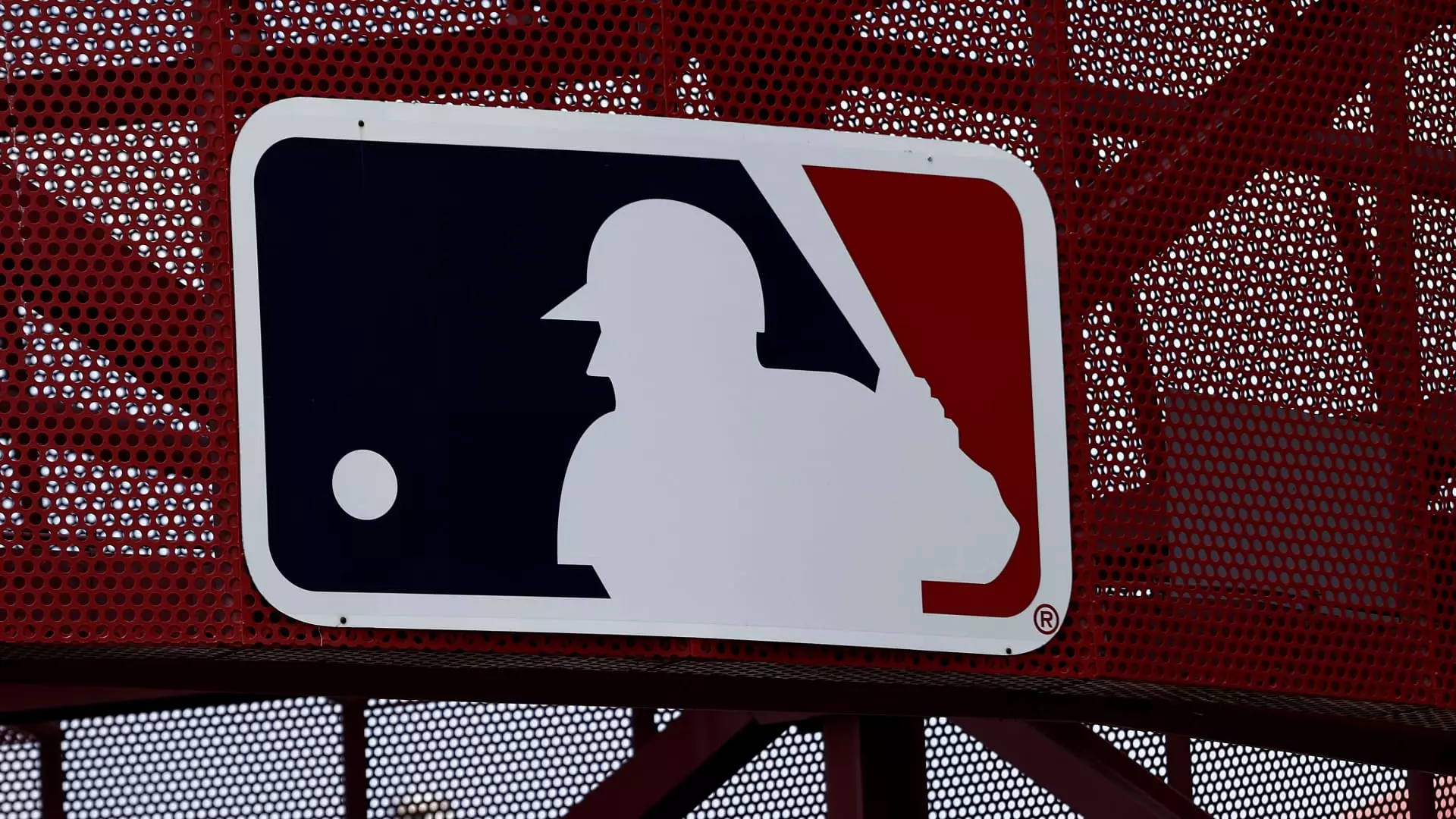The landscape for regional sports networks (RSNs) in the United States is at a pivotal juncture, particularly for Diamond Sports Group, the largest entity in that arena. Recent developments indicate significant discontent from Major League Baseball (MLB) and the Atlanta Braves regarding Diamond’s proposed reorganization plan as it navigates bankruptcy. According to a filing made on Friday, both MLB and the Braves have expressed “grave concerns” about the viability of Diamond’s current restructuring efforts. Their worry stems from apprehensions that the company could succumb to financial turmoil once again in the near future.
A critical aspect to highlight is that this pushback from MLB and the Braves is not merely a sign of discord but reflects deeper insecurities about the long-term sustainability of Diamond Sports. Both entities have a vested interest in the success of Diamond’s reorganization and see the need for a comprehensive and achievable plan. However, they have articulated doubts over whether the proposal on the table—spanning an extensive 181 pages broken across 20 documents—will lead to a fruitful outcome.
The dual concern regarding financial transparency and the proposed business model illustrates the fragile nature of the RSN market. The filing indicated that MLB and the Braves are particularly anxious about the lack of clarity surrounding Diamond’s restructuring proposal. For stakeholders like the Braves, who recently became a publicly traded entity under Atlanta Braves Holdings, the pressure to have a clear understanding of their financial situation is paramount. This lack of insight has left them feeling vulnerable, especially in an industry where shifts in consumer behavior, such as the move towards direct-to-consumer models, are becoming more pronounced.
Diamond’s attorneys have cited confidentiality agreements with distribution partners as a barrier to providing additional financial details. While such agreements are commonplace in business dealings, they can create an opaque environment for investors and partners who require transparency to gauge potential risks. Until Diamond can rectify these concerns and provide sufficient information, skepticism regarding the viability of their plan is likely to persist.
Another layer of complexity to this situation is Diamond Sports’ proposed commercial partnership with Amazon. MLB and the Braves have requested further details regarding this potential collaboration, given the growing importance of direct-to-consumer solutions in an era where traditional cable subscriptions are declining. As traditional media consumption patterns evolve, a robust direct-to-consumer strategy could be crucial for Diamond’s future viability. Ambiguity in this area has raised eyebrows, especially since Diamond’s business relies heavily on the existing cable distribution model, which is under growing pressure from newer, more flexible viewing options.
This unclear direction, combined with previous hesitations expressed by the MLB about contracts and agreements—such as the naming rights deal with FanDuel—paints a picture of an organization that is in urgent need of a solidified strategy if it hopes to recover from its financial woes.
The dynamics between Diamond Sports, its partnered MLB franchises, and emerging competitors represent another challenge ahead. While the Braves have not formally renounced their partnership with Diamond concerning local media rights, the broader context indicates urgency in reassessing these relationships. The Sunday announcement from the Cincinnati Reds about their exit from Diamond’s network highlights the growing trend of skepticism among teams, prompting them to explore alternative avenues for broadcasting their games.
The landscape is shifting, and teams increasingly view their local broadcast rights as valuable assets that need to be protected. For example, with the St. Louis Cardinals securing new terms with Diamond, it raises questions about how teams will navigate negotiations with a service trying to stabilize its financial footing.
While Diamond Sports Group continues to work through its bankruptcy proceedings, the overarching themes of transparency, financial viability, and adaptability in a rapidly evolving digital landscape emerge as critical elements for the organization’s recovery. The next steps will be pivotal for Diamond, the Braves, and the MLB as they weigh their options amidst changing dynamics in regional sports broadcasting.

Leave a Reply